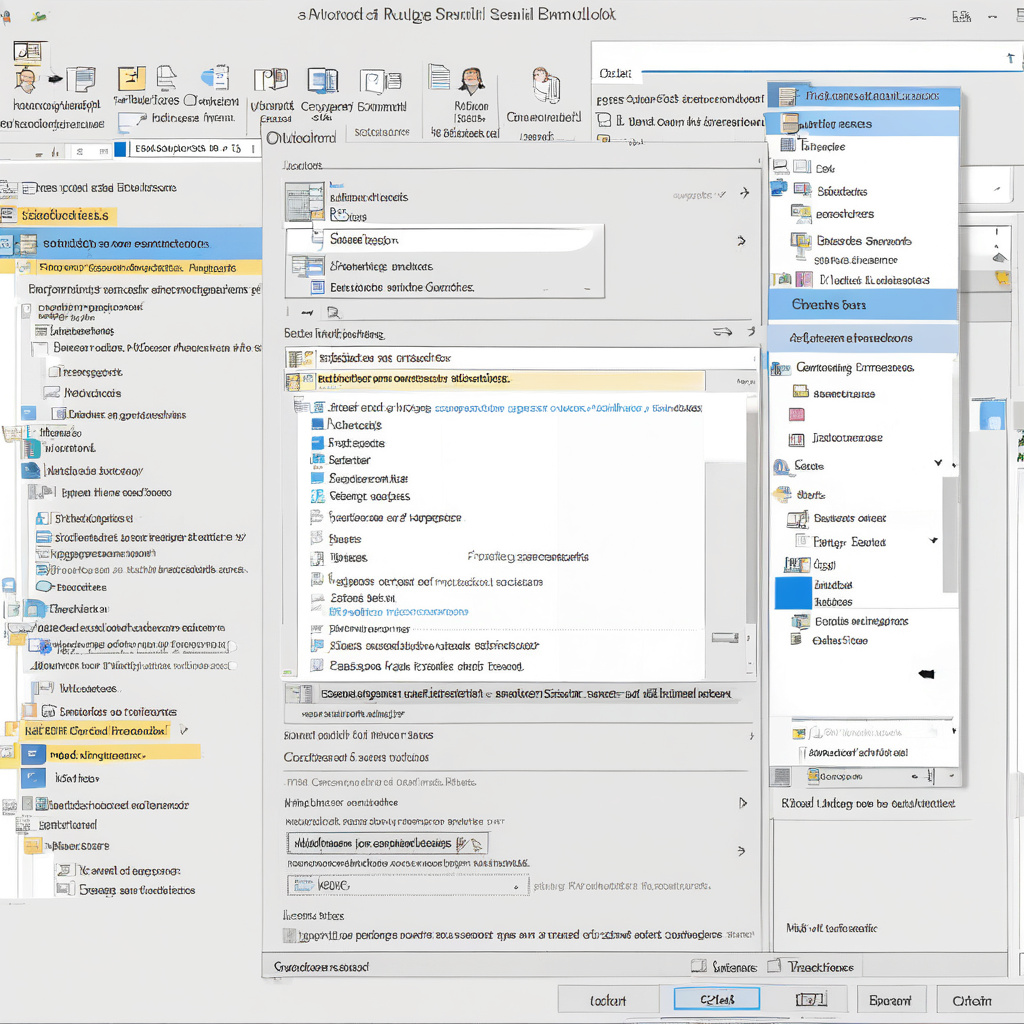In a bid to enhance email security and combat spam, Microsoft is set to implement stricter email sender rules for Outlook users starting on May 5. This move underscores the tech giant’s commitment to safeguarding users from phishing attacks and ensuring the integrity of email communication.
One of the key changes coming into effect is the enforcement of new email authentication protocols for users who send significant volumes of email. By implementing these stricter rules, Microsoft aims to reduce the likelihood of unauthorized senders masquerading as legitimate sources, thereby bolstering the overall security posture of Outlook.
These new protocols will require senders to adhere to stringent authentication measures, such as implementing SPF (Sender Policy Framework) and DKIM (DomainKeys Identified Mail) protocols. By authenticating the origin of emails and verifying the sender’s identity, these protocols help prevent email spoofing and ensure that messages are indeed sent from legitimate sources.
For organizations or individuals who regularly send a large number of emails, complying with these authentication protocols will be crucial to ensuring deliverability and maintaining trust with recipients. Failure to meet these requirements could result in emails being flagged as suspicious or even blocked by recipient servers, potentially impacting communication and business operations.
By proactively implementing these stricter email sender rules, Microsoft is taking a proactive stance against email-related security threats. Through these measures, Outlook users can benefit from a more secure and reliable email experience, free from the risks associated with phishing attempts and email spoofing.
As the digital landscape continues to evolve, ensuring the security of email communication remains paramount. By staying abreast of these changes and adhering to the new email authentication protocols set forth by Microsoft, Outlook users can better protect themselves and their organizations from potential cybersecurity threats.
In conclusion, Microsoft’s decision to boost email sender rules for Outlook users represents a positive step towards enhancing email security and mitigating the risks associated with malicious email activities. By embracing these new protocols and prioritizing email authentication, users can foster a safer and more secure email environment for all stakeholders involved.

